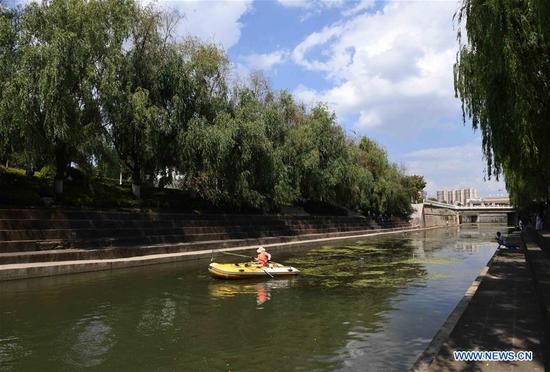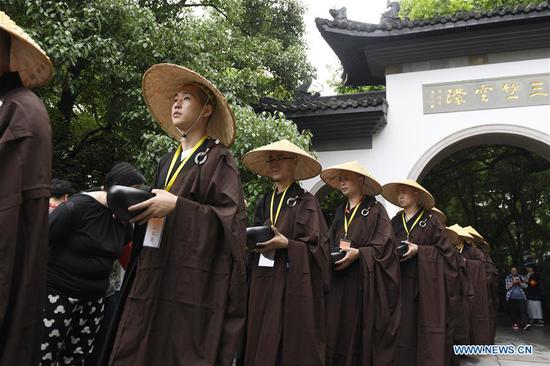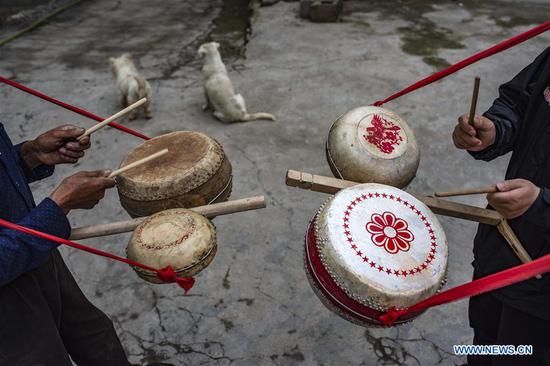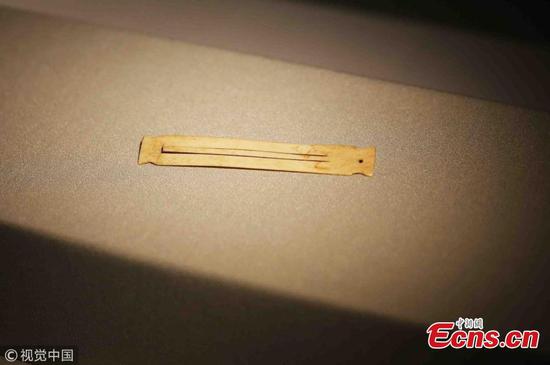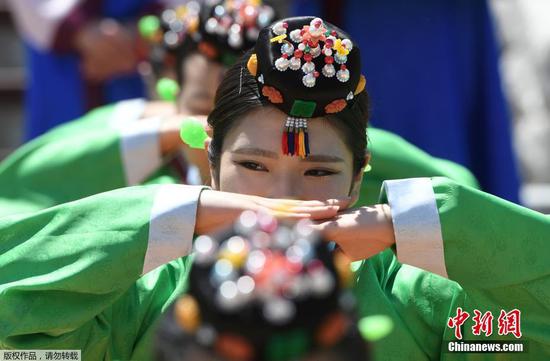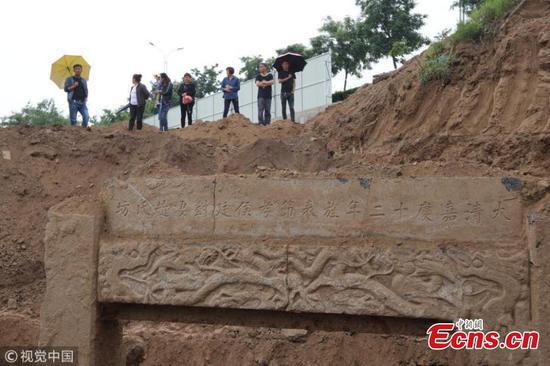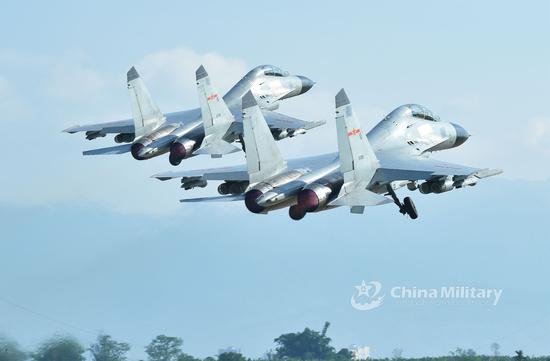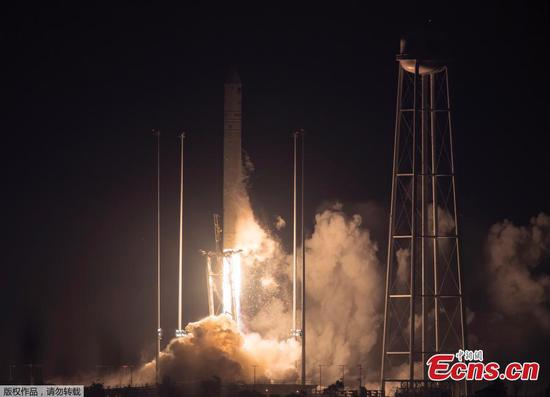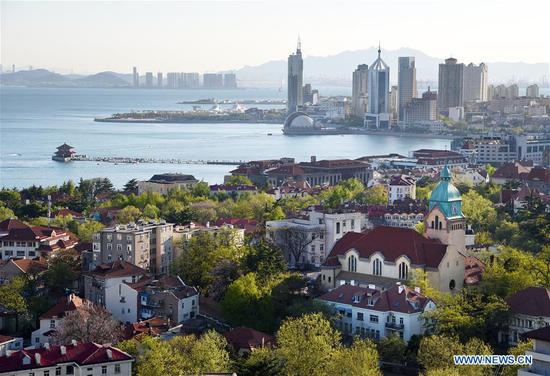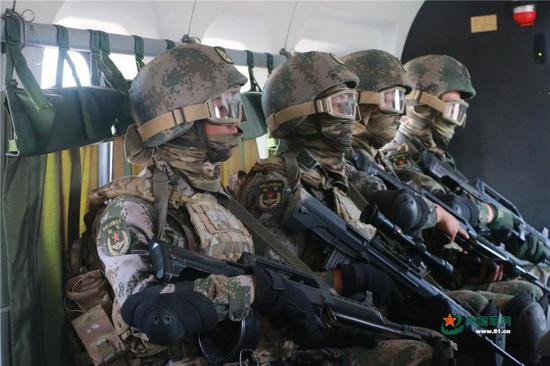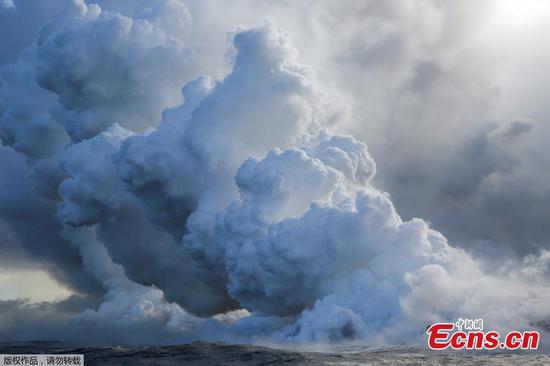U.S. President Donald Trump on Tuesday met with his South Korean counterpart Moon Jae-in, hinting his scheduled meeting with the top leader of the Democratic People's Republic of Korea (DPRK) Kim Jong Un may be delayed.
U.S. experts said that with so many differences on denuclearization and other issues between the two nations, a detente between the United States and the DPRK requires time and patience more than ever.
TRUMP'S ASSERTIONS
The planned Singapore summit with Kim "may not work out for June 12," Trump told reporters at the White House during his meeting with Moon. "If it doesn't happen, maybe it will happen later. Maybe it will happen at a different time. We will see," said the U.S. president.
"We're moving along. And we'll see what happens," Trump added. "There are certain conditions that we want. And I think we'll get those conditions. And if we don't, we won't have the meeting."
"There's a very substantial chance it won't work out. I don't want to waste a lot of time, and I'm sure he doesn't want to waste a lot of time," he further said. "That's okay. That doesn't mean it won't work out over a period of time. But it may not work out for June 12th."
For his part, Moon tried to disperse the U.S. skepticism regarding the Trump-Kim meeting.
"I am very much aware that there are many skeptical views within the United States about whether the upcoming U.S.-North Korea (DPRK) summit will truly be successful and whether the complete denuclearization of North Korea (DPRK) will be realized," he said. "But I don't think there will be positive developments in history if we just assume that because it all failed in the past, it will fail again."
"I have every confidence that President Trump will be able to achieve a historic feat of making the upcoming U.S.-North Korea (DPRK) summit successful and end the Korean War that had been lasting for the past 65 years, and also, along the way, achieve complete denuclearization of North Korea (DPRK), establish a permanent peace regime on the Korean Peninsula, and also normalize relations between the United States and North Korea (DPRK)," he added.
"I have every confidence that he will be able to make a historic turnaround in this sense. And I will spare no effort to provide all necessary support," Moon said.
Later in a press briefing at the State Department, State Secretary Mike Pompeo also said "suffice it to say we are continuing to prepare both our team and the White House so that in the event that the summit takes place on June 12th we are fully prepared, with the mission statement having not changed at all."
"We are prepared," he said. "The President will ask us to ensure that we've done all we can to make sure that we have the real opportunity to have this historic successful outcome."
WASHINGTON-PYONGYANG DETENTE REQUIRES MORE TIME, PATIENCE
U.S. experts said that it demands time and patience to achieve rapprochement between the DPRK and the United States.
Troy Stangarone, senior director of congressional affairs and trade at the Washington-based non-profit Korea Economic Institute, told Xinhua that despite the recent tensions, a postponement of the Trump-Kim meeting is more likely than cancellation.
"President Trump seems committed to meeting with Kim Jong-un, but ... he also seems aware that there may be practical restrictions on the process moving too quickly," he said.
The expert added that one of the keys to the Peninsula's denuclearization will be how benefits are given to the DPRK to keep Pyongyang engaged in the process.
"While the meeting with Kim Jong Un presents an opportunity, we should be aware that real progress on these issues will take time. Both in terms of building the trust and confidence between the United States and North Korea (DPRK) to be successful, but also in terms of working through the mechanics of denuclearization," Stangarone said.
"Even if sanctions are lifted, it may take time for North Korea (DPRK)to realize the economic benefits President Trump has suggested as it will need to make internal reforms before we are likely to see significant investment from the private sector," he said.
Trump promised that Kim would be safe and his country would be prosperous after denuclearization.
Douglas Paal, vice president for studies at the Carnegie Endowment for International Peace, said that "the DPRK did not threaten to cancel the meeting. It postponed the inter-Korean ministerial, and separately complained about (National Security Advisor John) Bolton's influence on Trump."
"Despite the Pompeo meetings, there are continuing signs that the two sides have different expectations for the outcome," he said. "The United States wants nearly immediate denuclearization; the North wants it in phases. They may end up somewhere in between, which Trump officials sometimes say is unacceptable."
He added that the Singapore summit, if it occurs, "could lead to significant detente on the Korean Peninsula and a path to economic revival of the North."























